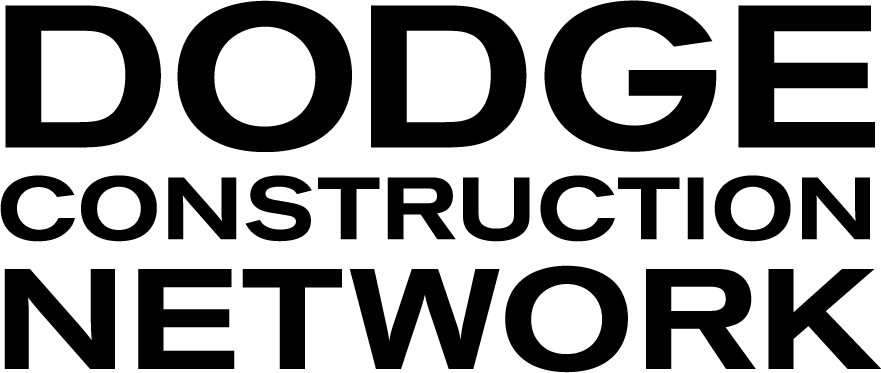2020 Green Single Family & Multifamily Homes Trends
Home builders across the country are prioritizing high-performance building practices in their projects, regardless if they consider the home they are building to be green, according to new research published in the 2020 Green Single Family and Multifamily Homes SmartMarket Brief. The latest in a series of studies conducted by Dodge Data & Analytics in partnership with the National Association of Home Builders (NAHB) finds that almost all builders are incorporating energy-efficient practices and over two-thirds are also using practices designed to improve indoor air quality and water efficiency.
“These findings complement the results of a recent NAHB study where home buyers ranked high-performance products and practices among the top features they want in a home”
Builders reported that practices promoting energy efficiency are commonly used in homes, whether they are considered green or not. Key findings include:
- 91 percent of homebuilders use energy-efficient approaches, and over two thirds (69 percent) do so on the majority of their projects. These practices may include the use of LED lighting, energy-efficient appliances and right-sized, highly efficient HVAC systems;
- Energy efficiency and durability are the top influential green attributes in product/system selection;
- Over two-thirds (68 and 67 percent, respectively) also use practices designed to improve indoor environmental quality and water efficiency; and
- Almost all (97 percent) of green builders (defined for this study, as doing more than 50 percent of their projects green) report using energy efficiency practices on more than 75 percent of their projects; 88 percent call out a tight building envelope and 61 percent use high-performance ventilation.
“These findings complement the results of a recent NAHB study where home buyers ranked high-performance products and practices among the top features they want in a home,” said John Barrows, NAHB Sustainability and Green Building Subcommittee Chair and founder of B3 Builder Group in Bridgehampton, N.Y. “This shows us that the value of home performance is increasing among builders and consumers.”
The study reveals both customer demand and perceptions about performance are driving green engagement. Most builders believe that the top factors influencing consumer decisions about whether to invest in a green home are concerns about cost and performance, with related issues—like their return on investment and the quality of the home—following close behind. Almost three quarters (70 percent) of builders/remodelers credit consumers’ perceptions on performance with being influential/very influential on their decision to build more green, and most of them also found that consumers regard green home performance as better than that of a traditional home.
However, builders and remodelers also see the need for increased market demand from customers for green homes in order for them to increase the green projects they build. Lack of market demand was cited as the top reason that companies are not currently doing more green building. “This presents an opportunity for growth in the green market, as only one-third of builders identifying themselves as green, built green at least half of the time, while nearly half (42 percent) of single-family and almost one third (31 percent) of multifamily builders reported doing no green projects at all,” said Donna Laquidara-Carr, industry insights research director at Dodge Data & Analytics.
Cost is also a major influencer in the green building market. A majority of builders/remodelers believe that their customers see green homes as costing more, but also as achieving higher performance. In addition, 70 percent of single-family home builders believe that their customers will pay more for a green home, suggesting that many home buyers understand the benefits of green. In fact, over 80 percent of single-family builders and remodelers believe that the lower operating costs of a green home provide more value to the home owner than the initial premium, and over half also believe that owners gain value from the greater comfort and better occupant experience that a green home provides.
This most recent iteration of the decade-long collaboration between Dodge and NAHB to analyze the green home building market contained questions on emerging hot topics, including the use of renewable energy systems, smart home technology for energy management and resilient building. These results provide a snapshot of the current market trends and will be used as a benchmark moving forward in future studies.
The full report is available for free download at www.nahb.org/smr or www.construction.com/toolkit/reports.
About the National Association of Home Builders:
The National Association of Home Builders is a Washington-based trade association representing more than 140,000 members involved in home building, remodeling, multifamily construction, property management, subcontracting, design, housing finance, building product manufacturing and other aspects of residential and light commercial construction. NAHB is affiliated with 700 state and local home builders associations around the country. NAHB’s builder members will construct about 80 percent of the new housing units projected for this year.
About Dodge Data & Analytics: Dodge Data & Analytics is North America’s leading provider of analytics and software-based workflow integration solutions for the construction industry. Building product manufacturers, architects, engineers, contractors, and service providers leverage Dodge to identify and pursue unseen growth opportunities and execute on those opportunities for enhanced business performance. Whether it’s on a local, regional or national level, Dodge makes the hidden obvious, empowering its clients to better understand their markets, uncover key relationships, size growth opportunities, and pursue those opportunities with success. The company’s construction project information is the most comprehensive and verified in the industry. Dodge is leveraging its 100-year-old legacy of continuous innovation to help the industry meet the building challenges of the future. To learn more, visit www.construction.com.
